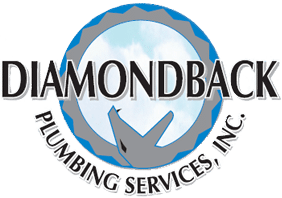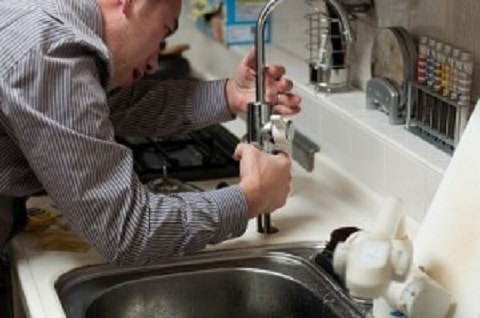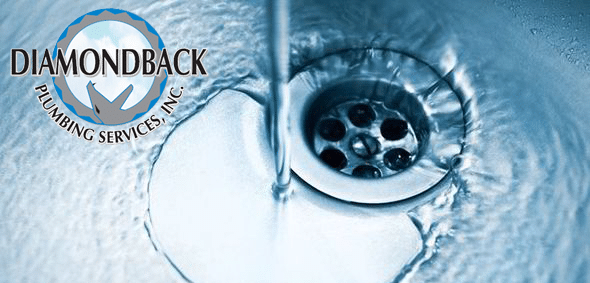You do your best to keep your house in pristine condition. You mop, vacuum, and sweep your home until it’s spotless, but there’s an area you just can’t seem to get clean. Even bleaching and scrubing can’t seem to get rid of those reddish and yellowish stains on your sink and toilet! The former is most likely rust stains, while the latter is calcium buildup. Unfortunately, these stains can’t just be scraped or washed away like normal ones. Luckily, we know just what steps to take when removing rust and calcium stains.
Rust (also known as iron oxide) forms when oxygen comes in contact with iron through water and calcium buildup. It is most common when the water has a high pH level, high calcium concentration, or high alkalinity. Thus, areas in constant contact with water are prone to rust stains and calcium buildup. Your faucets, sinks, and toilets are the most vulnerable to rust and calcium buildup since they almost always have water running through them.
Beyond harming your house’s appearance, rust stains and calcium buildup can cause health issues. These adverse effects are especially evident in your sinks and faucets since you use them to wash dishes, your hands, and your body. As such, most rust and calcium buildups occur in bathroom and kitchen fixtures.
While having rust stains and calcium buildup is annoying and unsanitary, there are multiple ways to restore the appearance of your plumbing fixtures.
Rust Stains
Vinegar
Rust easily dissolves away into vinegar or other similar acids. Acids like vinegar take the rust off metals while minimally “harming” the metal itself. Other household staples that can safely remove rust from metallic objects include lemon or lime juice and apple cider vinegar.
Soaking stains in cleansers with high acidic content will remove rust after a few hours. However, acids have different pH levels, which means the stronger an acid is, the more efficient it is in removing rust.
You can easily spray your sink’s rust stains with any weak, household acid — vinegar being the most common and most recommended. Let the vinegar sit for a few minutes but make sure to scrub it clean before it drys. Repeat the process until the stain is completely gone.
You can also fill your sink with vinegar to cover the stain, but the amount of vinegar require for this procedure is often excessive. Not to mention that draining all of that vinegar can do more harm than good for your pipes.
Hydrochloric Acid
Unlike sinks, toilets and faucets cannot soak in vinegar. Instead, try using hydrochloric acid (also known as HCL or muriatic acid). HCL is a stronger cleansing agent than any of the acids mentioned above. You will have to pour hydrochloride acid over the rust stains and scrub the area to remove any stains. Make sure the water isn’t running while cleaning as this may cause the acid to splash and damage your surroundings or even yourself if unprotected. Once done, rinse immediately and thoroughly to remove any traces of hydrochloric acid. (It is best to use rubber gloves and old clothes to help prevent injury to yourself or damage to good clothes).
Using baking powder is another popular method of removing rust. However, this only works for dry objects. Removing rust stains on faucets, toilets, and sinks with baking powder is difficult because these fixtures are always wet. You will have to dry them thoroughly before spreading baking powder on the surface and scrubbing them with steel wool.
Electrolysis — using battery power — can also be conducted to remove oxidation (i.e., rust). However, this is usually done on smaller objects such as tools and is not recommended for a newbie or amateur DIY’er since it’s quite a complicated process. In short, if you think you need electrolysis to clean rust, you’re better off calling a professional and having them take care of things.
Calcium Buildup
Like rust stains, you can treat calcium buildup on different surfaces with different acids (e.g., vinegar, hydrochloric acid). There are also other practical solutions for removing calcium buildup. For example, you can use a pumice stone to remove stains on porcelain. Just make sure water is constantly running over the stain you are scrubbing. A pumice stone can remove the calcium buildup and then smoothen out the surface. Using a pumice stone is a little riskier than the other two. It involves manual labor, and its effectiveness depends on the cleaner’s skills.
To clean calcium stains, you can also use a commercial calcium deposit remover. These products remove calcium deposits on different surfaces such as toilets, sinks, swimming pools, and the like. They come in different forms, such as sprays or foaming cleansers as well.
While rust is inevitable, calcium buildup is highly avoidable. Calcium buildup occurs when there is an irregularity with your water, such as alkalinity, pH level, or calcium content. Fixing these factors will result in lesser calcium buildup or may prevent calcium buildup at all. Using a water softener will lessen the calcium content in your household’s water, reducing the potential for calcium buildup significantly.
While there are a few ways to combat rust stains and calcium buildup, it’s always best to leave household problems like these to experts. Diamondback Plumbing can help you with rust & calcium buildups, among other plumbing services. (Read more about our services)
We have a well-known reputation as professional plumbers in Arizona and have had great success. Our great return customers stand by our service and help make Diamondback Plumbing a better company. They know they can trust us due to having a solid reputation and a well-known name in the plumbing industry for having served Phoenix for over 20 years.



